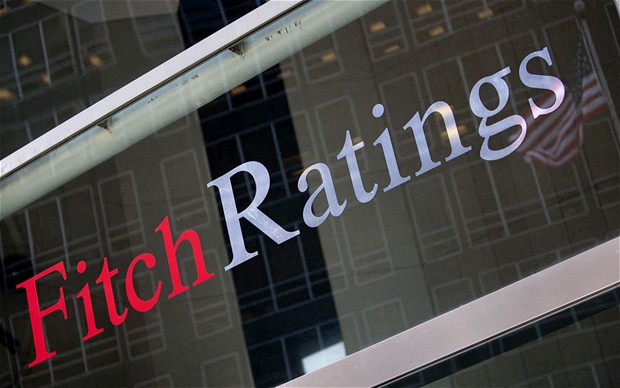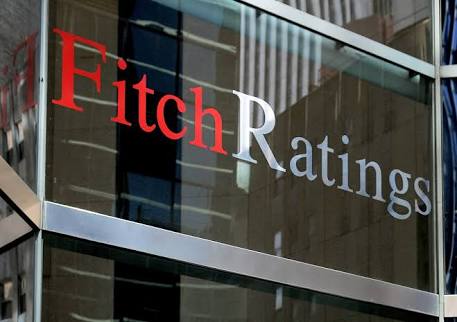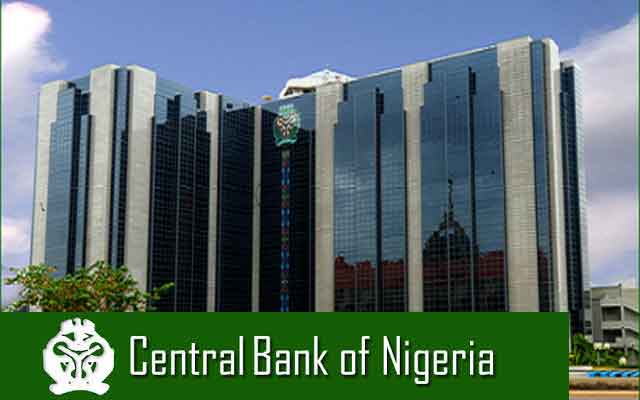- says dollar liquidity constraints to linger
By Odunewu Segun
Nigerian banks are still exposed to significant risks that undermine their ability to repeat the good financial performance recorded in 2016, Fitch Ratings has warned.
Fitch comments were contained in a report released, yesterday entitled, “Nigerian banks post good results but risks persist.”
According to Fitch, Nigerian banks posted good financial results for 2016, despite turbulent operating conditions, however, the agency believes that significant financial risks persist beyond reported figures.
The banks’ healthy 2016 net income was lifted by large one-off revaluation gains after Nigeria allowed its currency to devalue in June. “The banks also made higher US dollar core income (in naira terms) and booked sizeable foreign-currency (FC) trading income, which offset rising impairment charges.
While the banks’ performance ratios improved in the year, Fitch note that a substantial part of earnings were non-recurring and will be difficult to repeat.
ALSO SEE: Senate to investigate alleged corruption in BPP
Meanwhile, Nigeria’s dollar liquidity constraints are likely to persist for the foreseeable future, despite the recent improvements in foreign exchange earnings and availability, Moody’s Investors Service has said.
According to a report released on Wednesday, which Moody’s said was an “update to the markets” despite recent progress in foreign exchange liquidity, dollar usage in the country is unlikely to return to previous levels.
“Oil prices are highly unlikely to return to the $100 per barrel level that would lead to greater foreign exchange inflows,” Moody’s Vice President (Senior Credit Officer and co-author of the report), Aurélien Mali, said.
He noted that the oil price shock between 2014 and 2015 more than halved Nigeria’s foreign exchange earnings, with exports falling from an average of around $90bn between 2013 and 2014 to $46bn in 2015.
The rating agency noted in a statement it issued on Wednesday announcing the report that Nigeria’s non-oil sectors had struggled to adjust to limited dollar liquidity, given the high import content of inputs and the delays associated with sourcing domestic substitutes.
The statement added, “In the first quarter of 2017, the Central Bank of Nigeria began to increase the availability of foreign exchange through two new exchange rate windows and interventions in the interbank market.”

 Football7 days ago
Football7 days ago
 Health & Fitness24 hours ago
Health & Fitness24 hours ago
 Aviation1 week ago
Aviation1 week ago
 Featured5 days ago
Featured5 days ago
 Education6 days ago
Education6 days ago
 Comments and Issues7 days ago
Comments and Issues7 days ago
 Business6 days ago
Business6 days ago
 Education1 week ago
Education1 week ago






